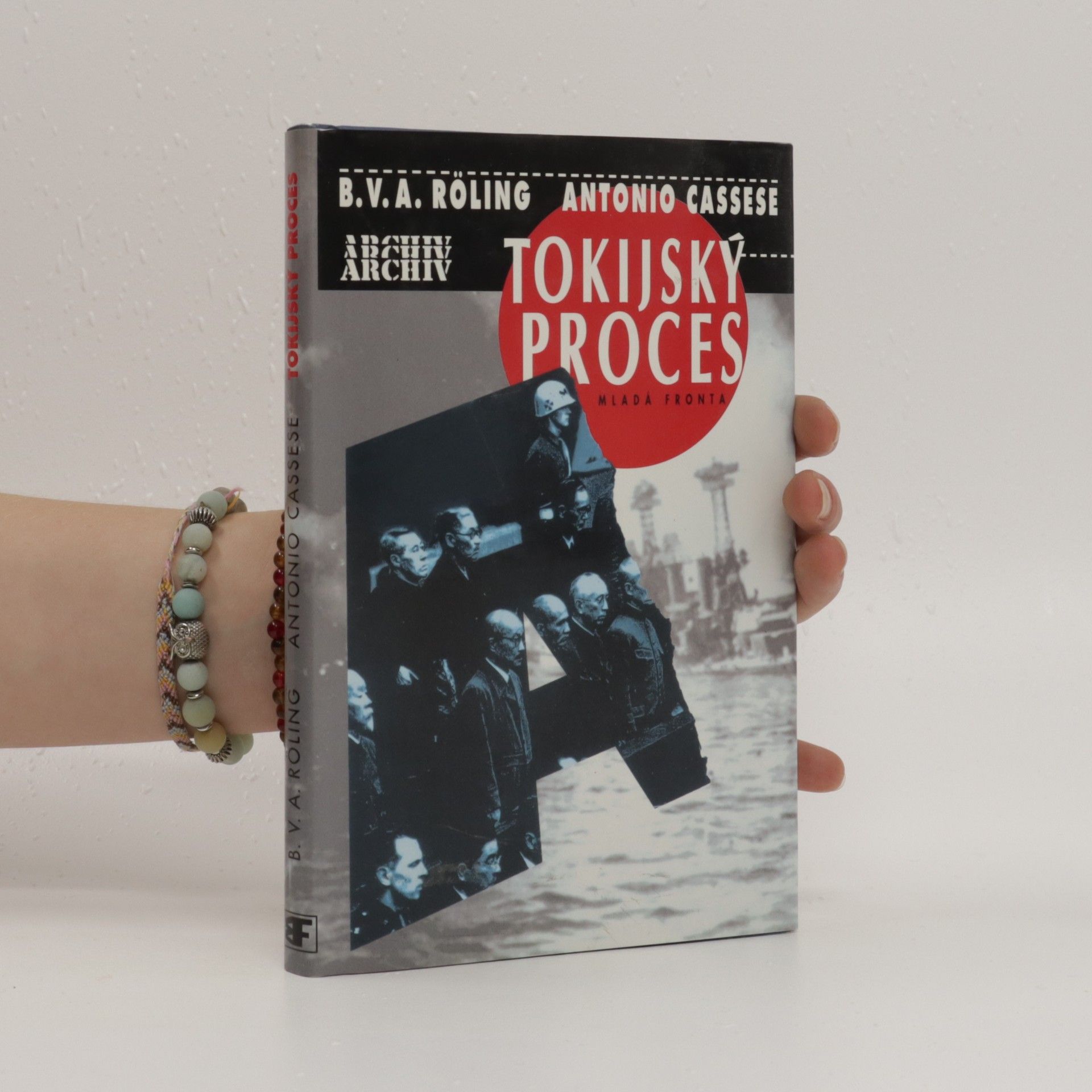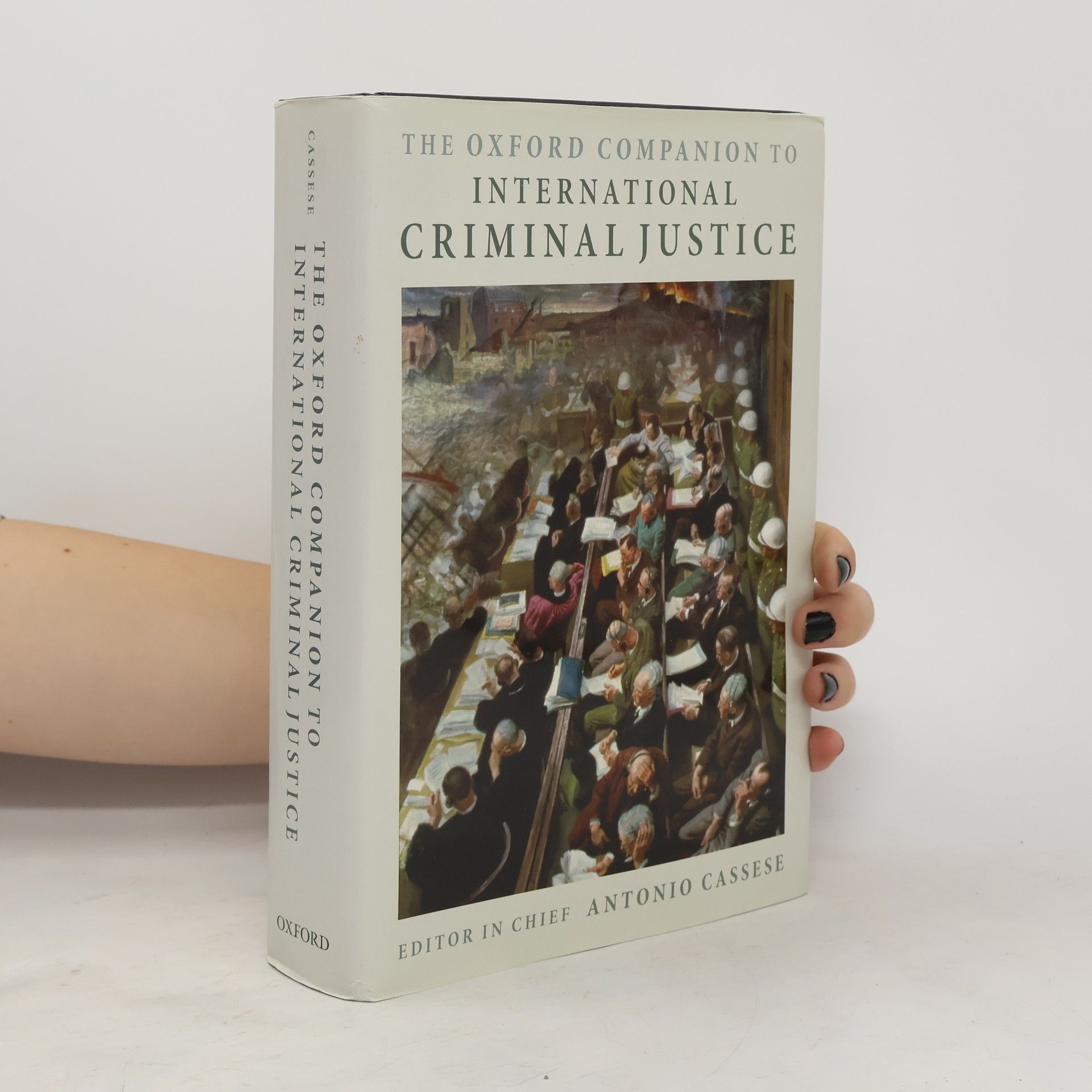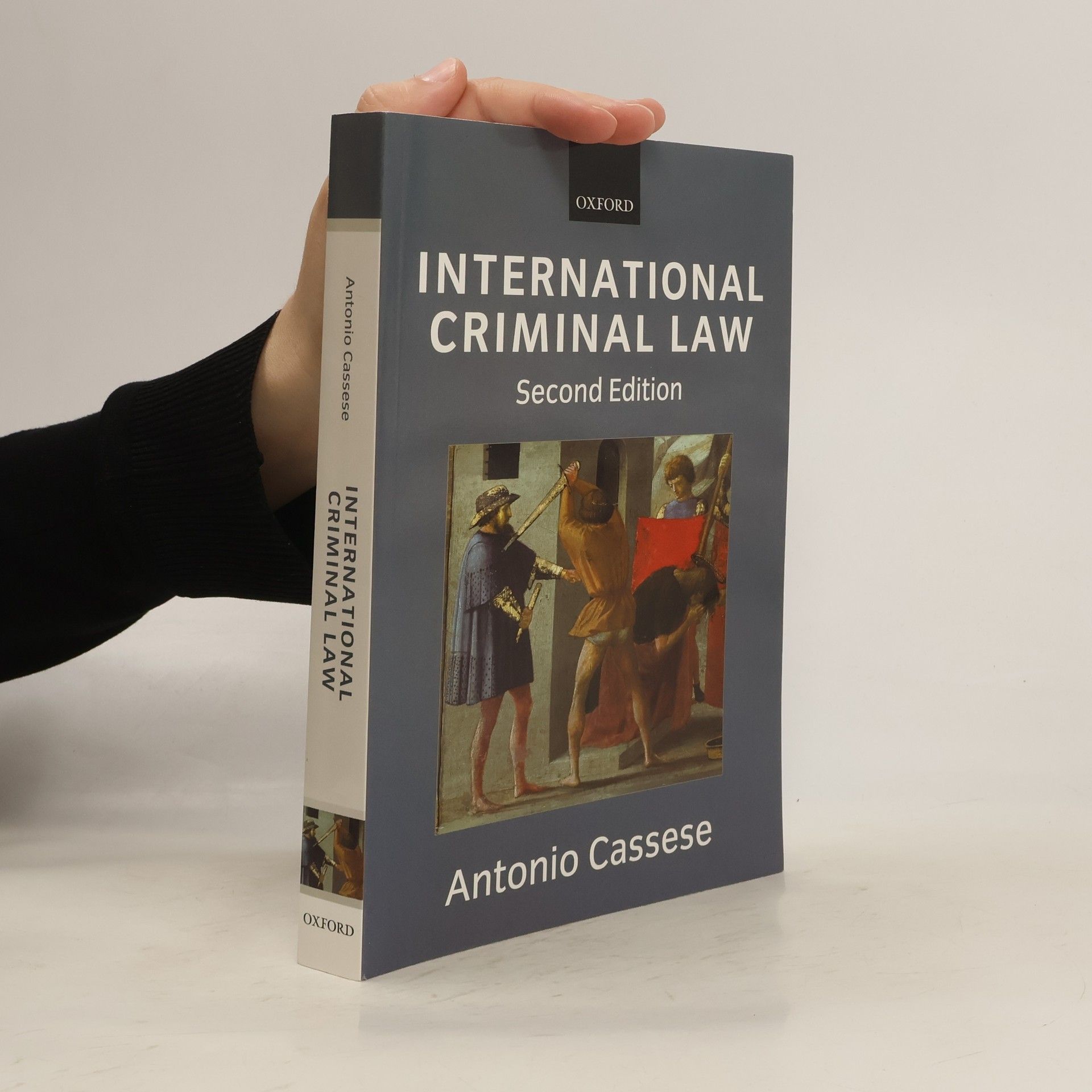Nachdenken über Menschenrechte
Reflexionen zum Völkerrecht





Reflexionen zum Völkerrecht
"International Criminal Law continues to provide a clear and concise introduction to both substantive international criminal law and international criminal procedure. The book offers a stimulating explanation of the fundamentals of these two branches of international criminal law and provides a theoretical framework to the rules, principles, concepts and legal constructs that are central to the subject. The book covers the various international courts and tribunals as well as mixed or hybrid courts or such national courts as the Iraqi High Tribunal. In addition to using the case law of the International Tribunals for the former Yugoslavia and Rwanda and of recent mixed tribunals, it uniquely draws upon national jurisprudence, in particular Belgian, Dutch, English, French, German, Italian, Spanish and US case law on international crimes."--Jacket
The move to end impunity for human rights atrocities has seen the creation of international and hybrid tribunals and increased prosecutions in domestic courts.The Oxford Companion to International Criminal Justice is the first major reference work to provide a complete overview of this emerging field. Its 1200 pages are divided into three sections. In the first part, 21 essays by leading thinkers offer a comprehensive survey of issues and debates surrounding international humanitarian law, international criminal law, and their enforcement. The second part is arranged alphabetically, containing 300 entries on doctrines, procedures, institutions and personalities. The final part contains over 330 essays on different trials from international and domestic courts dealing with war crimes, crimes against humanity, genocide, torture, and terrorism. With analysis and commentary on every aspect of international criminal justice, this Companion is designed to be the first port of call for scholars and practitioners interested in current developments in international justice.
Kniha je ojedinělým dokumentem o Mezinárodním vojenském tribunálu, který na základě Postupimské deklarace zasedal v Tokiu s cílem usvědčit a odsoudit vůdčí činitele Japonska zodpovědné za válečné zločiny.